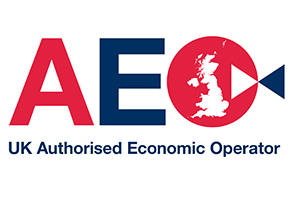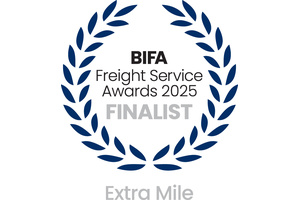What is a Deferment Account in UK Customs?
A Deferment Account in the UK is a facility provided by HM Revenue & Customs (HMRC) that allows importers and businesses to delay the payment of customs duties, import VAT, excise duties, and other charges on goods imported into the United Kingdom. Instead of paying these fees upfront when goods arrive, businesses using a deferment account can settle them the following month.
This system is especially useful for businesses that import regularly, helping to smooth out cash flow and reduce administrative workload.
How a UK Deferment Account Works
When goods enter the UK and are declared using HMRC’s Customs Declaration Service (CDS) or the legacy CHIEF system (being phased out), duties and taxes are assessed. If the importer has an approved deferment account, these charges are grouped together and collected as a single monthly payment.
Each business is assigned a Deferment Approval Number (DAN) which must be included on their customs declarations to use the account.
Benefits of Using a Deferment Account
- Cash flow flexibility: You gain extra time (up to 45 days) to pay customs duties and import VAT.
- Streamlined payments: A single monthly Direct Debit reduces transaction volume and eases accounting.
- Faster clearance: Goods can be cleared more quickly, as payment is deferred rather than settled at point of entry.
- Professional standing: Using a deferment account can demonstrate good financial management and credibility with HMRC.
How to Apply for a Deferment Account in the UK
To open a deferment account, businesses must:
- Apply to HMRC using form C1200 (application to defer payment of customs charges).
- Register for the Customs Declaration Service (CDS), as it is now the main platform for customs processing.
- Set up a Direct Debit mandate to allow HMRC to collect monthly payments.
- Provide a guarantee, known as a Customs Comprehensive Guarantee (CCG), unless an exemption is granted.
For smaller businesses or those with a good compliance record, it is possible to apply for a guarantee waiver, reducing the cost and complexity of account setup.
Key Requirements and Considerations
- Credit check: HMRC conducts a financial assessment to determine eligibility and set a monthly deferment limit.
- Monthly limit: This is the maximum value of duties and taxes you can defer each month.
- Compliance: Late payments or incorrect declarations can result in penalties or suspension of the account.
- Visibility: Businesses can monitor account usage and statements via the CDS Financial Dashboard.
Who Should Use a Deferment Account?
UK deferment accounts are commonly used by:
- Importers and exporters
- Freight forwarders and customs agents
- Retailers and manufacturers
- Logistics and supply chain providers
Any business involved in regular importing into the UK can benefit from the financial and operational advantages a deferment account offers.
Conclusion
A UK Deferment Account is an essential tool for businesses importing goods into the UK. It offers practical financial benefits by deferring duty and VAT payments and helps streamline customs processes. While setting one up does require some administrative work and approval from HMRC, the long-term efficiency gains can be substantial.
However, if managing your own deferment account feels like too much hassle or isn’t viable for your business at this stage, using Efret’s deferment account* can be a smart alternative (*subject to additional fees). That way your business can benefit from deferred payments without needing to go through the setup process yourself.
To discuss your deferment requirements contact our experienced customs clearance team for support on this process.
Retour








